The Biden-Harris administration is continuing its push to make electric vehicle ownership a reality across the country, particularly in Black and brown communities that have been most affected by climate and environmental issues and high gas prices.
This week, the administration opened up applications for a $2.5 billion grant program allowing states and municipalities to begin building EV charging stations in communities and neighborhoods nationwide.
The federal dollars, made possible when President Joe Biden signed the Inflation Reduction Act, are part of a broader national goal to reduce greenhouse gas emissions by 50 to 52% to stave off the impacts of climate change and protect the planet in the coming years.
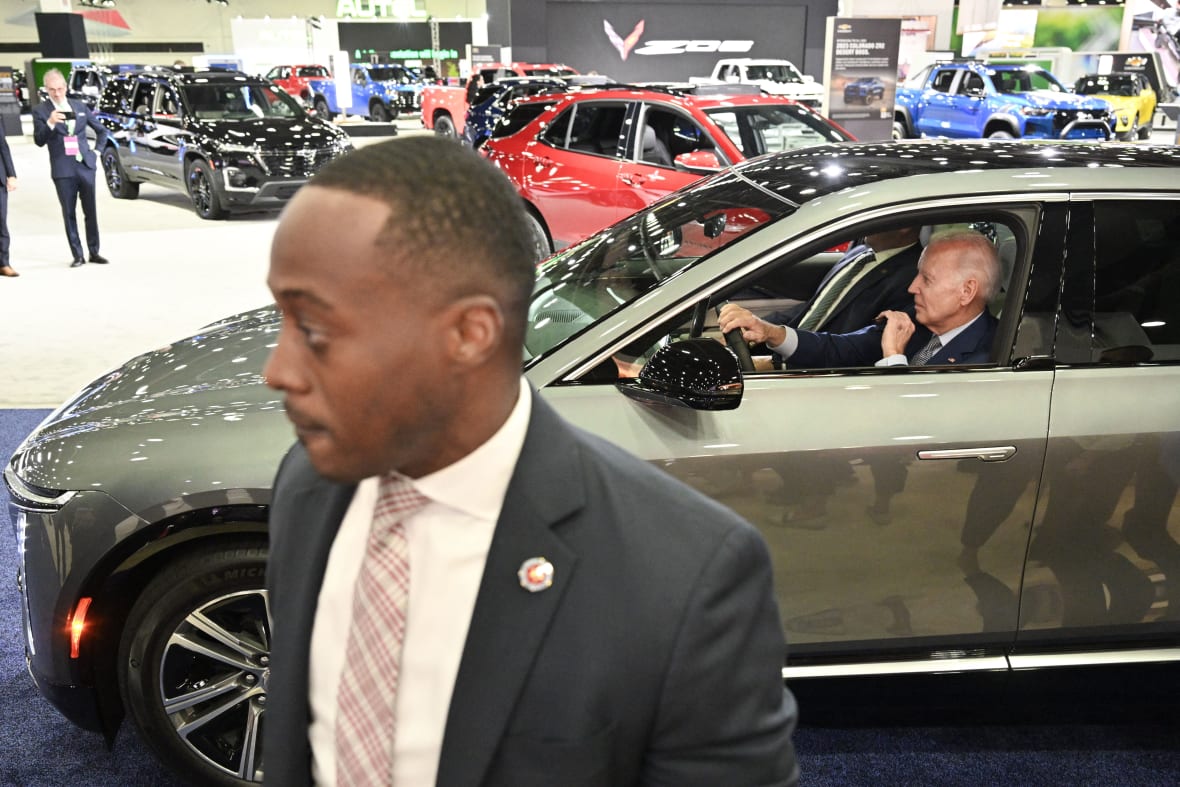 President Joe Biden sits at the wheel of a Cadillac Lyriq electric vehicle on Sept. 14, 2022, at the 2022 North American International Auto Show in Detroit. (Photo by MANDEL NGAN/AFP via Getty Images)
President Joe Biden sits at the wheel of a Cadillac Lyriq electric vehicle on Sept. 14, 2022, at the 2022 North American International Auto Show in Detroit. (Photo by MANDEL NGAN/AFP via Getty Images)“Transportation in the world actually accounts for about 30% of those greenhouse gas emissions that cause climate change, so we want to electrify our transportation system to the extent that we can,” noted U.S. Energy Secretary Jennifer Granholm in an interview with theGrio.
While administration officials admit that they can’t force American consumers to switch to electric vehicles, they’re hoping that increasing the availability of charging stations on federal highways and in local communities will incentivize them to go electric.
“People need to feel confident that there will be a charger there on travel corridors and transportation corridors,” said Granholm.
By 2030, the departments of Transportation and Energy plan to have 500,000 EV chargers in place around the country. As part of Biden’s Justice40 Initiative, which aims to ensure that 40% of all federal energy and environmental investments go to Black, brown and disadvantaged communities, the joint offices are already working to have these chargers distributed equitably.
“We’re going to be ensuring that extreme rigor is brought to the selection process so that all Americans have access to this important funding,” Shailen Bhatt, the administrator of the Federal Highway Administration, told theGrio.
Officials have stated that the EV charging stations could look like the average traditional gas station or they may be found in less traditional locations that are also publicly accessible.
“You might see a city or a state do a partnership with Wal-Mart or McDonald’s or something like that to make available parking spots … you might see [them] on the street as well,” explained Secretary Granholm. “We’re encouraging creative solutions to provide access everywhere.”
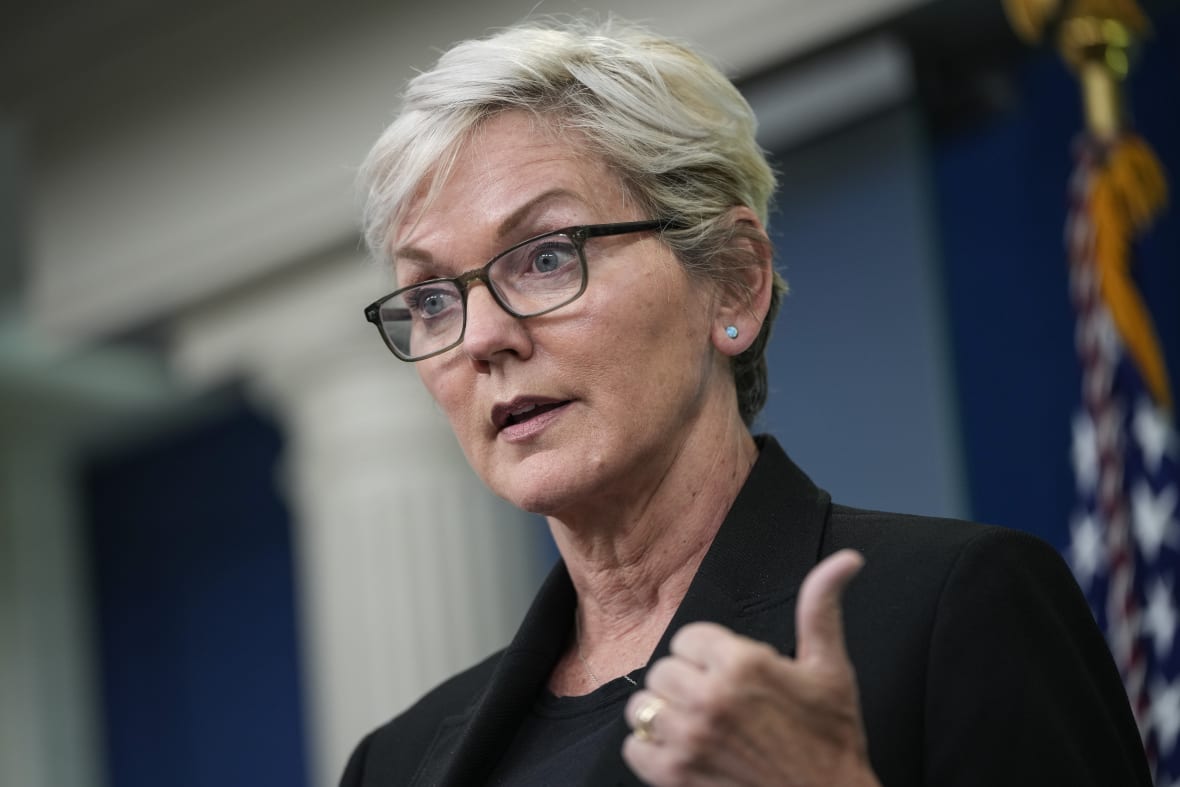 U.S. Secretary of Energy Jennifer Granholm speaks during the daily press briefing on June 22, 2022, at the White House in Washington, D.C. (Photo by Drew Angerer/Getty Images)
U.S. Secretary of Energy Jennifer Granholm speaks during the daily press briefing on June 22, 2022, at the White House in Washington, D.C. (Photo by Drew Angerer/Getty Images)Administrator Bhatt noted that electric vehicle owners might also see charging stations at popular places in Black communities like barbershops and churches.
“We’ve had a lot of outreach from companies, nonprofits — others who have experience working in these targeted neighborhoods — and they’ve got a lot of great ideas about what success looks like for these charging stations,” said Bhatt.
In addition to ensuring that EV chargers reach Black communities and other underserved population groups, the Biden-Harris administration is also working to ensure that as charging stations are built, the jobs created to do so are available to these communities.
Secretary Granholm disclosed that apprenticeships will train and pay workers to become electricians to install and manufacture charging stations.
“We want to make sure that they’re built in the United States, too. And so manufacturing is an important component of that,” said Granholm.
Bhatt said the administration is being “vigilant” and that the DOT is working with the Department of Labor and other federal agencies to make sure that “people who are not only able to access these neighborhoods but are of these neighborhoods” have jobs installing EV chargers.
However, some consumers remain skeptical about going electric. A Gallup poll last year found that only four in 10 Americans (42%) would be very or somewhat likely to seriously consider purchasing an electric vehicle.
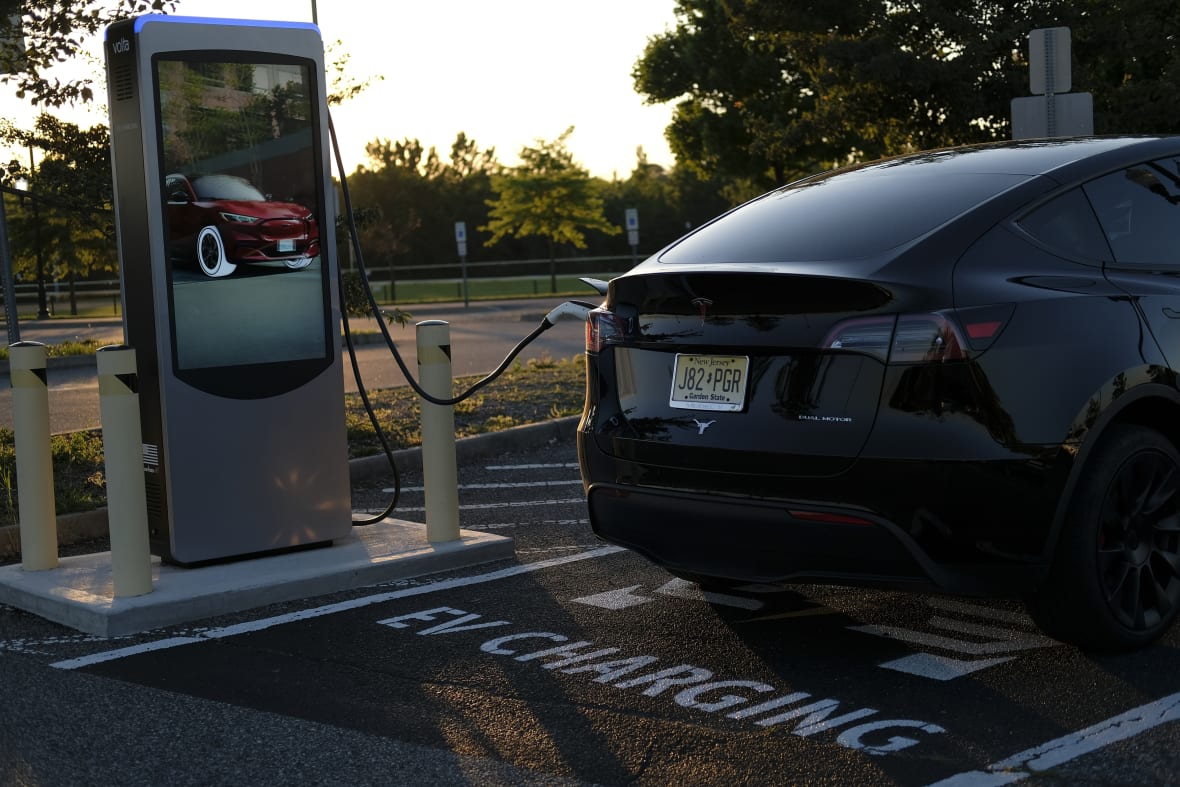 A car is connected to an EV charging station on June 17, 2022, in Leonia, New Jersey. (Photo by Kena Betancur/VIEW press)
A car is connected to an EV charging station on June 17, 2022, in Leonia, New Jersey. (Photo by Kena Betancur/VIEW press)Granholm argues that in addition to protecting the environment and public health from the impacts of climate change, electric vehicles are also becoming more affordable because of tax credits made available through the IRA.
“There are a lot of lower-end electric vehicles that are under $30,000 a year,” she said. “The Inflation Reduction Act allows you to take $7,500 off the top of that at the dealership. So maybe you’re financing a $22,000 vehicle rather than a $30,000 vehicle.
She continued, “If you have an electric vehicle or if you want to buy a used electric vehicle, it’s another $4,000 off at the dealership.”
The energy secretary said for the same amount of distance of a natural gas-fueled car, EV owners pay about $40 per charge. “On top of that,” she said, “it’s $600 a year on average that you save on maintenance because there are fewer moving parts for an electric vehicle.”
Administrator Bhatt said the recent spike in gas prices during the COVID-19 pandemic and, most recently, the energy crisis that resulted from Russia’s war in Ukraine make a compelling argument for going electric.
“Lots of folks were looking into alternatives,” he recalled. “The next time gas prices go up because there’s an issue in the Middle East or something, I think folks want to have options.”
Ultimately, the Biden-Harris administration is confident that building more EV charging stations and making electric vehicles more affordable will win over American buyers in the long haul.
“We’re excited as this continues to roll out to see sort of a transformation across the country where in all pockets of the country, people can have access to the economy associated with a clean energy future,” said Granholm.
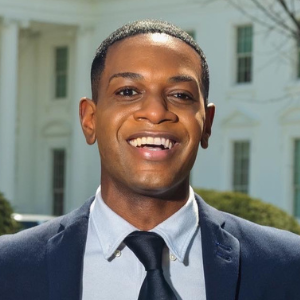
Gerren Keith Gaynor is the Managing Editor of Politics and White House Correspondent at theGrio. He is based in Washington, D.C.
TheGrio is FREE on your TV via Apple TV, Amazon Fire, Roku and Android TV. Also, please download theGrio mobile apps today!
.png)
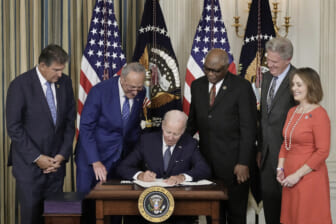










 English (US) ·
English (US) ·